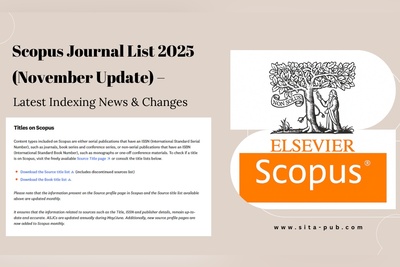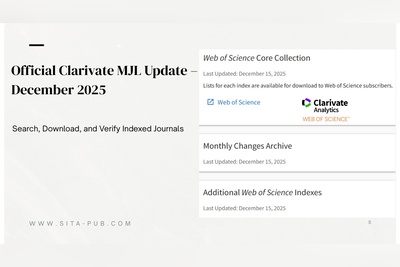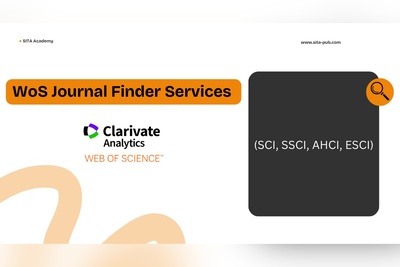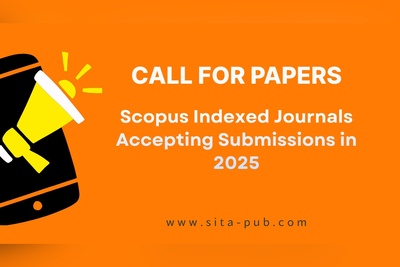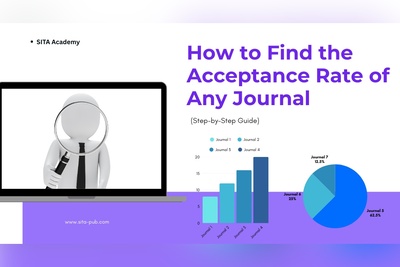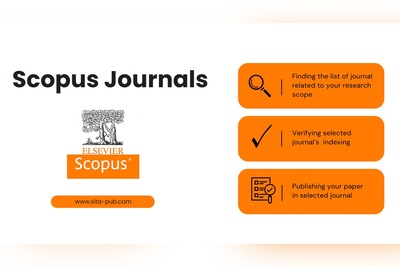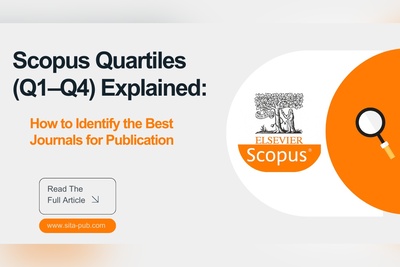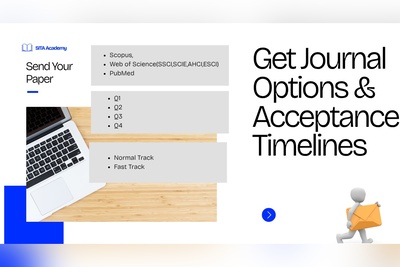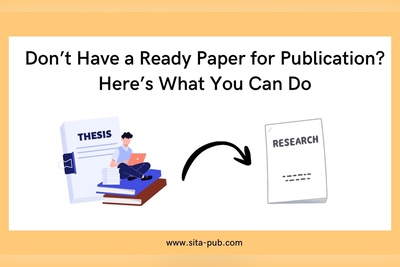Your Key to Scopus and WoS Acceptance: Native English Editing
Are you a non-native English speaker submitting your paper to a journal? Learn how Native English Editing is your key to Scopus and WoS acceptance.
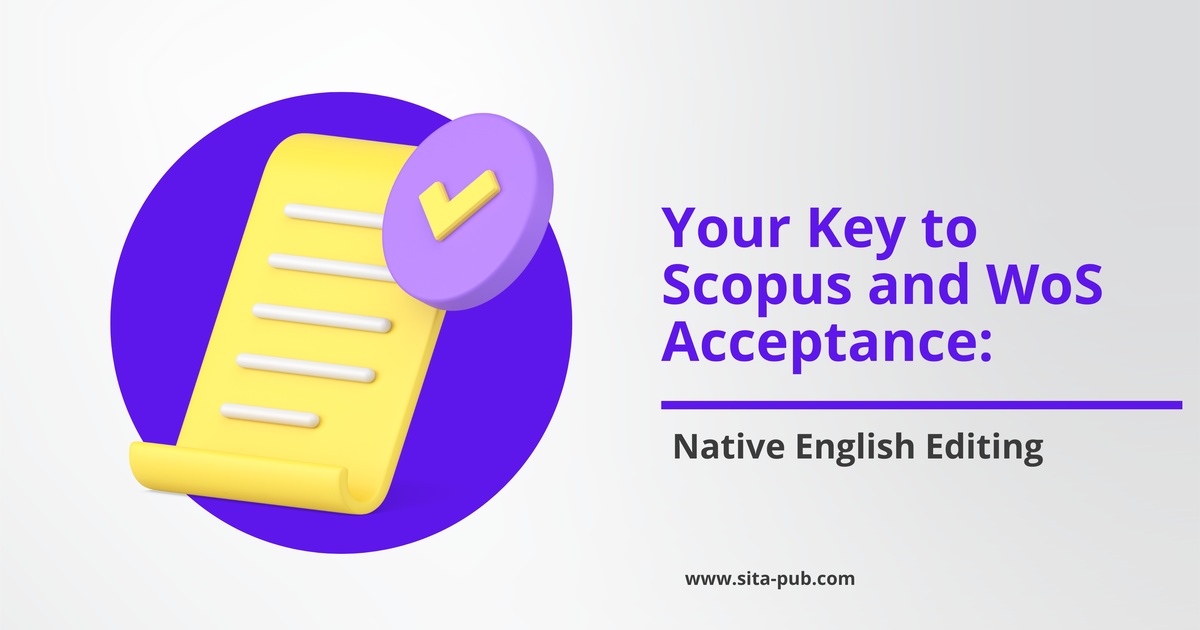
Even excellent research may face challenges if the manuscript’s language quality is insufficient. For non-native English speakers, this is a common hurdle. Many journals explicitly recommend—or sometimes require—a Native English Editing certificate to ensure that your paper meets international standards. In this article, we explain what Native English Editing is, why it matters for Scopus and WoS acceptance, and how you can obtain professional editing support.
What Is Native English Editing?
Native English Editing refers to the professional refinement of a research manuscript by a fluent or native English speaker who understands academic writing conventions. This process goes beyond basic grammar correction—it ensures that your paper:

Uses academic vocabulary and terminology appropriate for your discipline.
Follows proper sentence structure and paragraph flow to enhance readability.
Maintains clarity and coherence, making complex ideas easily understandable.
Correctly formats references, tables, figures, and citations according to journal guidelines.
Many international journals, especially those indexed in Scopus and WoS, recommend or require Native English Editing for non-native authors. The reason is simple: poor language can obscure your research contributions, create misunderstandings, and delay peer review. Editors want to assess the scientific quality of your work, not struggle with language issues.
Why Some Journals Recommend or Require It
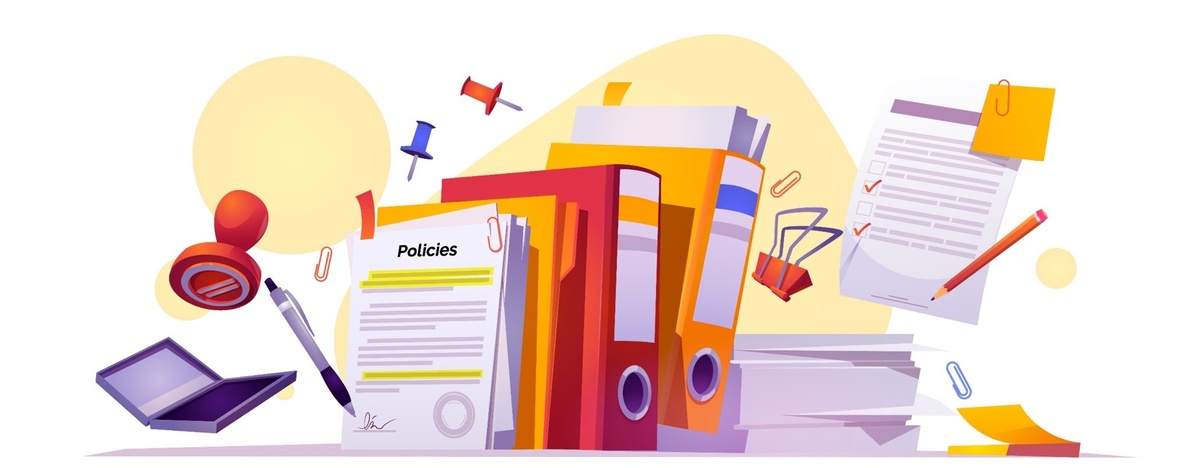
Maintaining quality and clarity: Peer-reviewed journals prioritize clear communication of research findings. Manuscripts with frequent language errors may be difficult to evaluate, leading to delays or outright rejection.
Reducing reviewer workload: Reviewers are more likely to focus on methodology, data, and conclusions if the manuscript is well-written. Poor language may shift their attention to editing issues instead of content.
Increasing acceptance chances: Some high-impact journals require a native English editing certificate before final acceptance, especially for authors whose first language is not English. Providing this certificate demonstrates that the paper has been professionally polished.
How Scopus and WoS Acceptance Depends on Language Quality
While acceptance in Scopus or WoS-indexed journals depends primarily on the scientific rigor, novelty, and relevance of your research, language plays a critical supporting role:

First Impressions Matter: Editors perform initial screening. A manuscript with poor language may be desk rejected before it even reaches peer review.
Reviewer Comprehension: Peer reviewers need to clearly understand your methodology, results, and discussion. Native English Editing ensures your work is presented professionally and coherently.
Publication Speed: Well-written manuscripts reduce revision cycles. If reviewers can easily understand your paper, it is more likely to be accepted faster.
Compliance With Guidelines: Journals often provide detailed formatting and language instructions. Native English Editing ensures your manuscript meets these standards, minimizing delays.
In short, while your research quality is paramount, native English proficiency is an essential factor in gaining acceptance in high-impact journals.
Where to Get a Native English Editing Certificate
Many researchers seek professional services to improve their manuscript language and obtain a formal certificate of editing for submission. Reputable editing services offer:
Full manuscript proofreading by native English experts.
Academic language enhancement to improve readability and style.
Formatting compliance with journal-specific guidelines.
Certificates confirming that the paper has been edited by a qualified native speaker.

Native English Editing Support at SITA Academy
SITA Academy is a research support center that assists researchers worldwide in the entire publication process. Among our services, we provide professional Native English Editing to ensure that your paper is submission-ready for Scopus and WoS journals.
To receive information about fees and the process, you can send your manuscript to us through our available channels. Our team will guide you step by step, making the path to Scopus and WoS acceptance smooth and professional.
Conclusion
Publishing in international journals indexed in Scopus or Web of Science is a significant achievement, but non-native English speakers often face language-related challenges. Native English Editing is no longer optional—it is a critical factor that can determine whether your research is understood, appreciated, and ultimately accepted.
By investing in professional editing, you ensure that your paper:
Communicates your findings clearly.
Meets the expectations of editors and reviewers.
Complies with journal guidelines.
Gains credibility and improves acceptance chances.
We provides comprehensive support for researchers seeking Native English Editing and full publication assistance. Whether you are publishing your first paper or submitting a PhD thesis-derived article, professional editing and guidance can make the difference between rejection and successful publication.
Verified Contact Channels
If you have any questions, inquiries, or would like to learn more about our services, please don't hesitate to reach out to us. Our dedicated team is ready to assist you.





